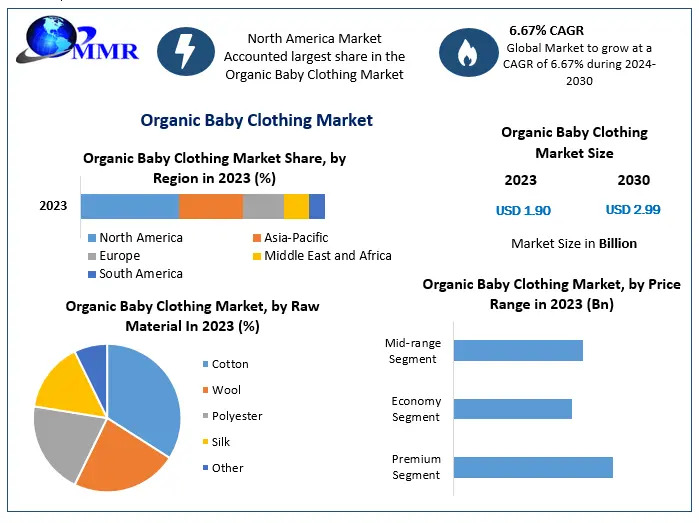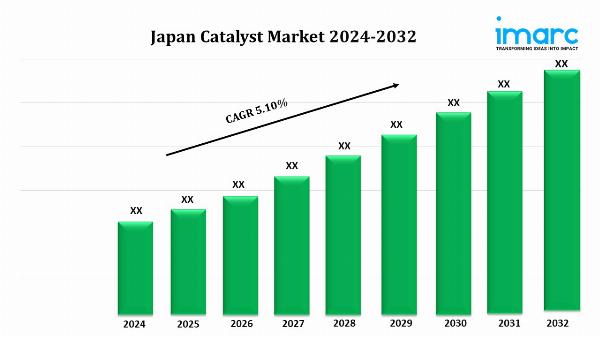Amundi warns US stablecoin policy could destabilise global payments system

By Marc Jones
LONDON (Reuters) -Europe's largest asset manager has raised concerns that a boom in dollar-backed stablecoins in the wake of the United States' GENIUS Act could cause a major shift in money flows that destabilises the global payment system.
The U.S. Senate passed the GENIUS Act a bill last month to create a regulatory framework for the U.S.-dollar-pegged cryptotokens.
It is expected to be passed by the House of Representatives and approved by President Donald Trump, leaving other countries worried about a wave of so-called 'dollarization' of economies if their own populations buy them.
"It could be genius, or it could be evil," Amundi Asset Management’s chief investment officer Vincent Mortier told Reuters, voicing his concerns about the U.S. act.
JPMorgan expects the amount of stablecoins in circulation to roughly double to $500 billion in the next few years, although some estimates have put it as high as $2 trillion.
As stablecoins need be pegged to the dollar under the U.S. act, it will trigger buying of U.S. Treasury bonds. That has its benefits for the U.S. as it grapples with a gaping budget deficit, but could also pose problems for the U.S. and other countries.
"In doing so you create an alternative to the U.S. dollar and that could lead to more weakening of the dollar," Mortier said. "Because if a country is pushing a stablecoin, it could be perceived as pushing the message that the dollar is not that strong."
Currently, 98% of all stablecoins are pegged to the dollar, but more than 80% of stablecoin transactions happen outside the United States.
Italy’s finance minister, Giancarlo Giorgetti, warned in April that the U.S. stablecoin policies presented an "even more dangerous" threat to European financial stability than Trump's trade war.
His argument was that access to dollars without needing a U.S. bank account would be attractive to millions of people and could undermine countries' monetary sovereignty.
The Bank for International Settlements issued a similar warning on the risks posed by stablecoins, noting their potential to undermine monetary sovereignty, transparency issues and the risk of capital flight from emerging economies.
Mortier, who oversees the 2 trillion euros ($2.36 trillion) of assets Amundi manages - none of which are in crypto - said he still had not fully made up his mind about stablecoins, but the worry was that a mass uptake could impact financial stability.
As well as the dollarization issue, they would become "quasi-banks" he said, as people will deposit money in a coin assuming they can take it out again whenever they want. They will also be used as a direct means of payment.
Story Continues"It could potentially destabilise the global payment system," he said. "I'm not so sure it's a good idea".
($1 = 0.8483 euros)
(Reporting by Marc Jones, Editing by Louise Heavens)
Amundi's warning about the potential destabilization of global payment systems due to a lackluster US stablecoin regulation highlights crucial concerns regarding financial stability and cross-border transactions.
The warning from Amundi highlights the potential ramifications of a lackluster US stablecoin regulatory framework on global payment stability, calling into question its readiness to lead stimulus-focused innovation while preserving financial security.
Amundi's warning highlights the potential for misstepped US stablecoin regulations to spark systemic risks and disrupt global payments infrastructure, emphasizing a need not just for rigorous oversight but also international collaboration in this rapidly evolving space.
Amundi's warning about the potential destabilization of global payments systems by US stablecoin policy underscores how vital prudent regulation is to ensure financial stability amidst rapid innovation in digital assets.
The warning issued by Amundi suggests that the current trajectory of US stablecoin regulation holds immense potential to negatively impact global payments systems, underscore-ing a need for an international approach involving cross border collaboration and coordination.
The Amundi warning highlights the potential for US stablecoin regulation to create ripple effects across international payment systems, underscoring fears that an uncoordinated approach could lead towards systemic fragility and compromise global financial stability.
The warning issued by Amundi about potentially destabilizing the global payment system through a lack of nuanced U.S stablecoin policy underscores crucial concerns over how these new digital currencies impact economic stability and security in an increasingly interconnected world.
If the Amundi warning about potential destabilization of global payments systems due to US stablecoin policy becomes reality, it highlights a pressing need for transparent and effective regulations aimed at safeguarding financial stability on an international scale.














